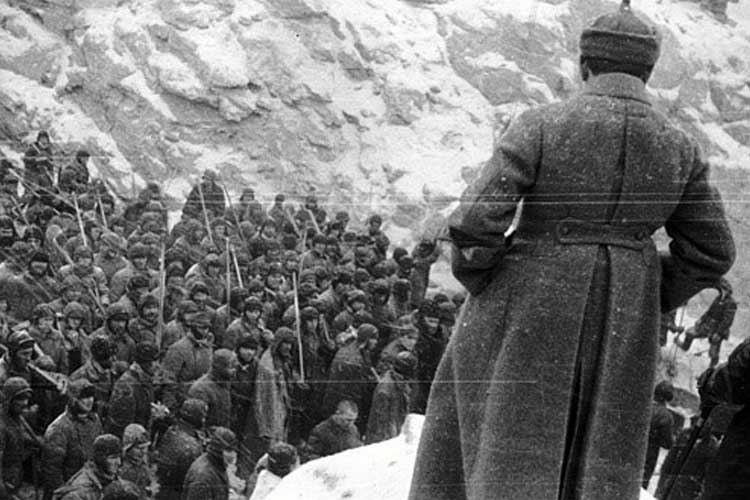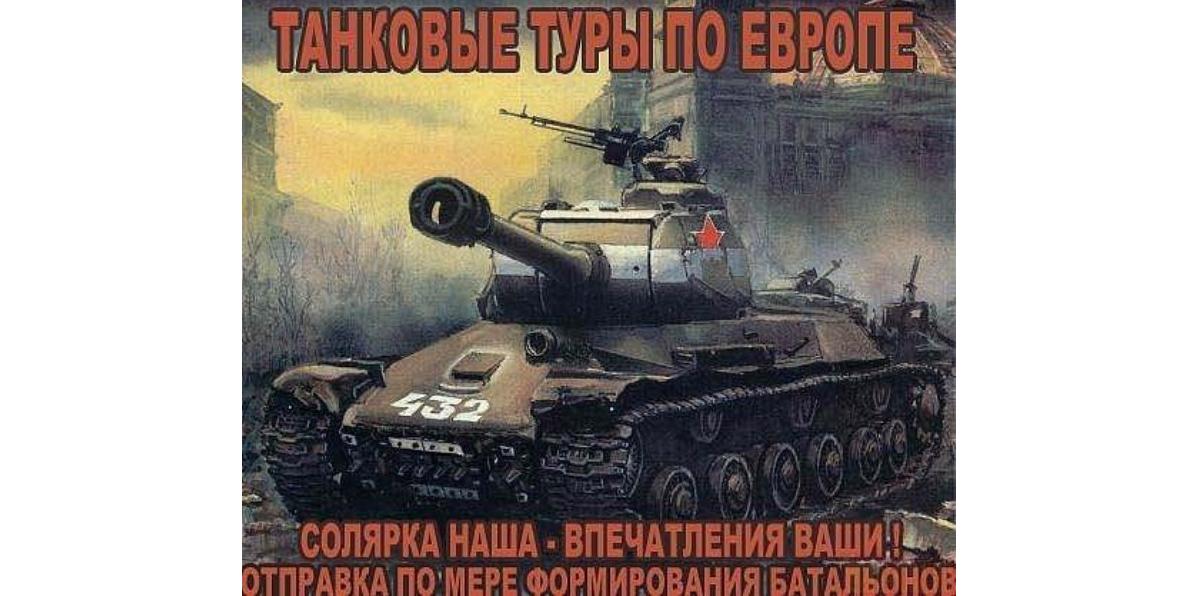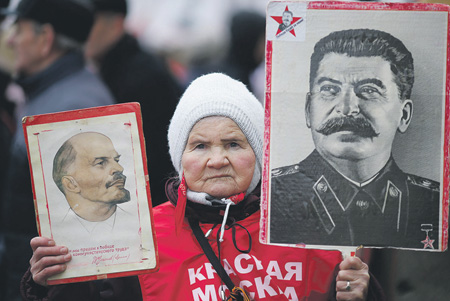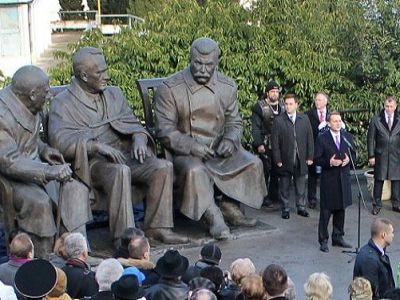All too often, Lev Ponomaryev and Yevgeny Ikhlov warn in a new commentary, observers focus on one or another Moscow action in isolation and do not connect the dots; but if one does, they say, it becomes obvious that the Kremlin is preparing on a “rushed” basis the foundations for a return to totalitarianism.
Wherever one looks, the human rights activist and commentator say, the Putin regime is engaged in repression, persecution, faked judicial procedures and new laws that can be used much as Stalin did; and one must conclude that they are part of a broader plan rather than mere accidents.
“Political repressions in contemporary Russia have occurred earlier, but they bore a targeted character,” the two say.
“In essence,” Ponomaryev and Ikhlov say, “the new laws are a return to the provisions of the infamous paragraph 191.1 of the RSFSR Criminal Code about ‘slander on the Soviet state and social system.’” Moreover, the new law on “’criminal communities’” can be used not just against professional criminals but against business leaders as well.
But as bad as the texts of these laws are, they continue, the fact that the authorities routinely ignore the laws in order to punish anyone they want, either to take revenge or to spread terror in the population. And everywhere one looks, this pattern is spreading, affecting ever more activities and ever more groups and individuals.
They catalogue case after case of persecution and conclude that “all this shows that the mechanism of mass political terror and repressive totalitarian practices has been created and is ready to be used.”
Russia may not yet be at another 1937, although they suggest there are many cases with strong parallels to that horrible year; but its government now has all the tools to do the same things in the near future – and in the current environment, the existence of such tools and their increasing use acts to intimidate Russians in the latest “hybrid” fashion.
In a separate article appended to this one, Ponomaryev traces the ways in which a trial in St. Petersburg that has just begun represents the first trial of the Putin era that fully resembles those of 1937, a confirmation of the argument that he and Ikhlov advance.
They are not alone in seeing a sea change in Russian realities in the direction of Stalinism at a time when many commentators are suggesting that the Putin regime is in trouble or may even collapse. Irina Pavlova, a US-based Russian historian, is one of them.
She argues that what is occurring now is “the end of the Putin NEP. Just as in the NEP of the 1920s, the present-day New Economic Policy also has not led to a civilizational change of the Western type.” And “just as in the 1920s, the regime has used NEP for its purposes not only economically but politically.”
Russia, as so often in the past, the historian observes, is moving cyclically rather than escaping from its past. “The problem is that neither Russia nor the West want to soberly look at the past and draw lessons from it for their future survival.” Ponomaryev and Ikhlov’s article, as well as Pavlova’s, may help to change that.
Read More:
- Putin, his position shaky, may begin new aggression with nuclear blackmail, Piontkovsky says
- Moscow plans to have a million youths in its Youth Army within a year
- Russian choir greets country’s armed forces with a song about Russian nuclear strike on US
- The Kremlin’s hybrid arsenal – an annotated checklist
- Churchill’s diagnosis of Stalin’s Russia remains true for Putin’s, Bezsmertnyi says
- Russian military finds a way to have a domestic control role, Golts says
- Kremlin media says the Kremlin does not interfere in Kremlin media
- Russia-linked cyber attacks targeted 104 accounts of European think tanks
- Putin has three goals in playing nuclear card against West now, Kirillova says
- Putin elites want ‘Stalinism without Stalin’ and ‘repression with a human face,’ Rubtsov says
- Putin’s drive to build totalitarianism with political technology alone collapses, Eidman says
- Ever more Russians are at risk of repression as Putin’s Russia heads toward totalitarianism
- Putin’s Russia well on its way to ‘criminal neo-totalitarianism’ with a ‘neo-terror’ and a ‘neo-GULAG,’ Pastukhov says





